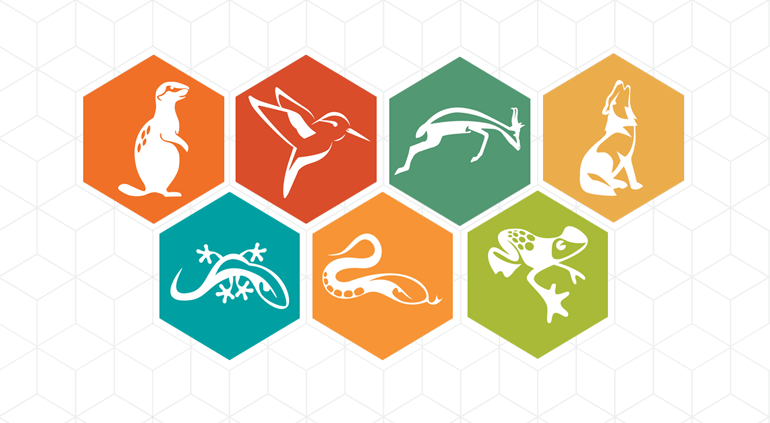Since we announced the new direction for ActiveState on November 1st (you can read more about The Open Source Languages Company in my prior blog), we’ve been having great conversations with these new language communities and with our existing and prospective customers. As a result, we wanted to share with you some of the things we’ve learned so far.
Open Source is Safe, But the Enterprise Needs More
For those who may not be familiar with the model we’ve used for our Perl, Python, and Tcl distributions, there is an impression that we think open source software is not safe. We’re not suggesting that at all! There are aspects of open source that may be safe in the ‘wild’ that just doesn’t work for the enterprise due to their specific requirements.
We package our language distributions in a way that’s easy for the enterprise to consume–they have rules and obligations that they need to follow, and operational constraints that must be met. These are issues that individual developers, who have complete control of their environments and requirements, don’t need to worry about. Our distributions provide enterprises with a level of commercial support that gives them the long-term stability they require, while they reap the benefits of using the open source languages of their choice.
Community Feedback
It’s been great to reach out and get to know these new language communities better…all of the communities are very passionate! After reading and interacting on mailing lists, listening to podcasts, and hearing directly from members of the community what they would like to see, some clear needs have emerged.
While each community had specific feedback, dependency management and security were big issues for enterprise developers across all languages. But each language still had its own challenges. For Ruby developers, support for legacy versions was an issue (which would be expected given its maturity in the market). The rate of change in the ecosystem was a big challenge for enterprises using the relatively new JavaScript runtime, Node.js. For both the Go and Lua communities, they are looking for more tooling and mature/supported frameworks to make it easier for them.
Contributions
We’ve been working with the open source community for the past 20 years, so we know that providing support and/or contributing back to the community via commits is important. As we get to know these new communities better, we’re eager to figure out the best ways we can support them.
Early Adopter Program
We have already received interest from several Fortune 1000 companies regarding our Early Adopter Program. These are companies with complex needs–support and security are top of mind for the applications they are currently developing as well as legacy applications they are maintaining. Requirements to support legacy versions long term with easy access to support are a bare minimum for these organizations. (By the way, don’t hesitate to reach out to us if you’re interested in joining the Early Adopter Program–send an email to jrouse@activestate.com and mention which language(s) you are interested in.)
Our First New Language Distribution Release: ActiveGo
Given all the information we’ve gathered last month (and while doing research on the communities), we’re really excited to announce that ActiveGo will be the first language distribution we release next year. But that is only the beginning as we’ll still be working with the Ruby, Node.js, and Lua communities as we continue to roll out all of the language distributions next year. So please keep the feedback coming and sign up to be the first to know when we’ve got the distribution for you!
Want to share any other feedback on our newest announcements? Send us an email: jrouse@activestate.com.
Sign up to learn more about each language distribution:






